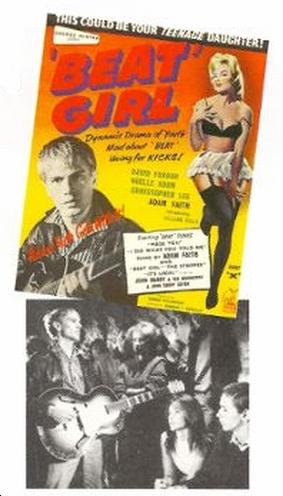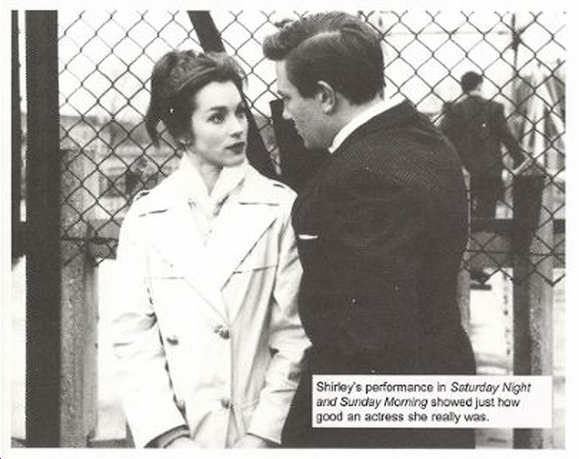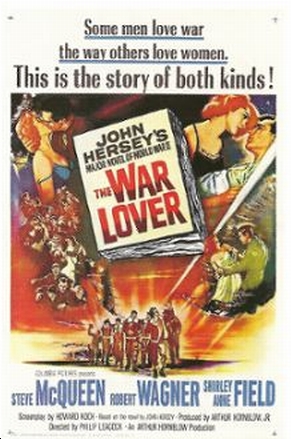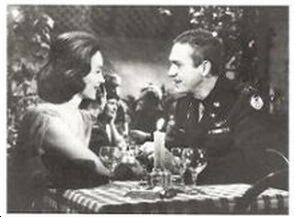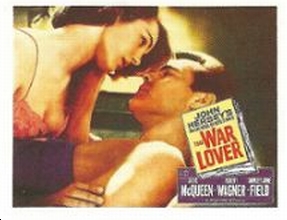SAF: It was Tony Richardson I owe it all to. His assistant director who was in the room at the time was Peter Yates. It was a small room and there were about 500 girls who all looked the same - you know, the pony tails and eye make-up done up to here, very much in the style of the day. I'd been sent a few pages to read but as everyone looked the same I thought I'd try something different. So I went into the changing room and took out my pony tail and rubbed a great deal of my make-up off so that I looked a little different, then went out to Tony. I'd been told by every agency that you had to talk in the correct way, which is what I did. As I was leaving, Tony shouted over (in a perfect impression of Richardson's accent) "Can you do those lines in a Northern accent?" I turned around immediately and said (in a Northern accent), "Bloody hell, I've spent four years learning to talk properly and now you're asking me to do this". He looked up and said, "Come back here" and I said (again in a Northern accent), "Well, if you want me to, but I'm not keen on it, I'll have you know". It worked and he said, "Could you come back to the theatre on Saturday?" I asked why and he confirmed I was to try out for the part with a few others. I was very happy but up to that point I'd had a horrible time in movies, horrid. I hated being 'the special girl' picked out to look glamorous, going out and saying your lines then going home on the workman's bus. Oh! Anyway, I got to the theatre and there were three other girls there, all quite tall and glamorous, but when I read the lines I thought they could have been written for me. I'd been in beauty contests because they paid so well. £10 - £15 was a lot of money in the late 50s, and I always came second or third. A friend had persuaded me to enter the contests and it was great money, but on this day I wanted to go for realism. When I arrived, the assistant director came mincing out and said "Do this" and "Do that" and I said I didn't want to do it like that. Tony said, "What's the matter love?" as only he could, and I explained that I thought I could play it better in a more realistic way. Afterwards he said, "Come to dinner tonight love and we'll talk about the film". I asked if I could bring my boyfriend and he said, "Well alright, if you must". I must give Joley Richardson a still of me where Tony's holding my face saying, "You'll never be the same after this kid". It was Tony who picked me. [Note: Sadly, it was on the day this interview was recoded that Tony Richardson's daughter, actress Natasha Richardson, had her fatal skiing accident].
MM: What was Olivier like to work with?
SAF: At first he was stand-offish. He'd be sitting there doing a crossword. I was a bit nonplussed as I hadn't seen all his great roles because I'd lived in a place where I only got to go the the movies twice a year and I didn't
|
|
really know about Sir Laurence. I thought he was simply The Entertainer and he reminded me a little of my father. This changed when, after a horrible day's shooting in bed in a caravan in Morecambe, surrounded by cameramen, he said "Are you coming to the rushes tonight?". I said that I didn't like to go to the rushes and he barked back and said, "Don't be so silly. This is the only industry where we can correct ourselves as we go along" - this being a long time before DVDs. Anyway, the scene came on and there was me, 19, completely innocent. I just couldn't do it now. Afterwards everyone in that little screening room got up and clapped. I couldn't believe it! After that he put his arm through mine and we skipped off down the street and he said, "Well, we won't be needing to tell you anything now, will we?" He asked me to appear at the Old Vic but I was just too nervous. I know Sarah Miles took up the offer two weeks later and stayed only two weeks. It was very daunting. I wish I'd had more courage but I wasn't theatre-trained. We stayed friends and he invited me to see him as Othello. I went back stage and he said, "Do you want to see my white bits?" I said no, not really [laughs].
MM: Perhaps that was the part he was most proud of?
SAF: [laughing] Perhaps, but he was a theatre manager at heart. He loved the Old Vic. He didn't have a great deal of money and I think he took any parts he could. He should have been nurtured and looked after, but it didn't really happen like that. That's why he took parts like Marathon Man during that stage in his life, so he could leave funds behind.
MM: Can you shed any light on the Hollywood rumours that Olivier was gay, alluded to in Tony Curtis's recent memoir?
SAF: No, I never saw anything that pointed to that, but he did have a quality that could be seen as bi-sexual. All I remember is that his later years weren't as fulfilling as they could have been.
MM: We were all aware of the French New Wave but it was the British New Wave in which you were heavily involved, first with The Entertainer then again in a Tony Richardson production Saturday Night and Sunday Morning. Were you aware of the changes these so-called kitchen sink dramas were bringing to the British film industry?
[Image]
An example of Shirley's early modelling career during the '50s and '60s. Blighty magazine had this to say about her: We predict that lovely Shirley Ann Field, one of Britain's best-known cover girls, is going to take the film world by storm, for she combines great talent with beauty. How right they were!
|


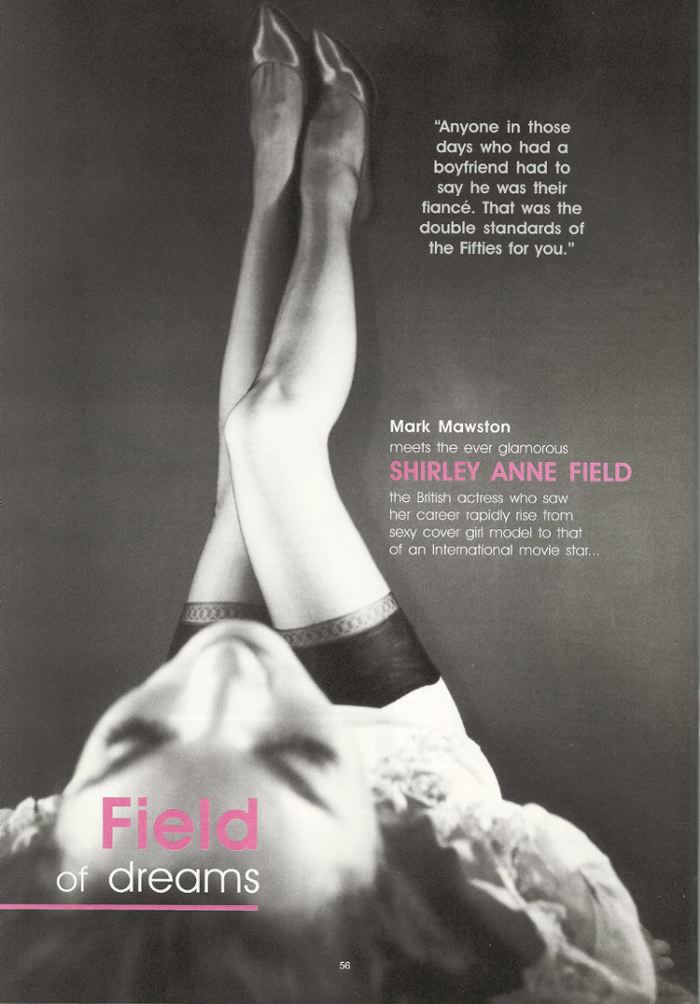
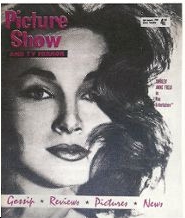
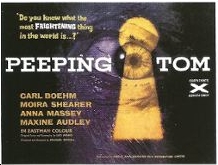
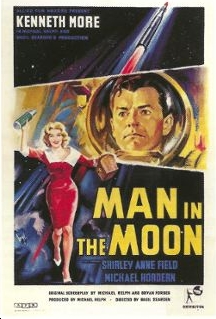
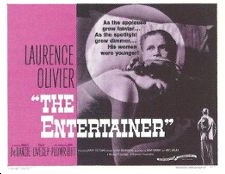
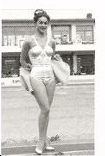 Top:
Top: